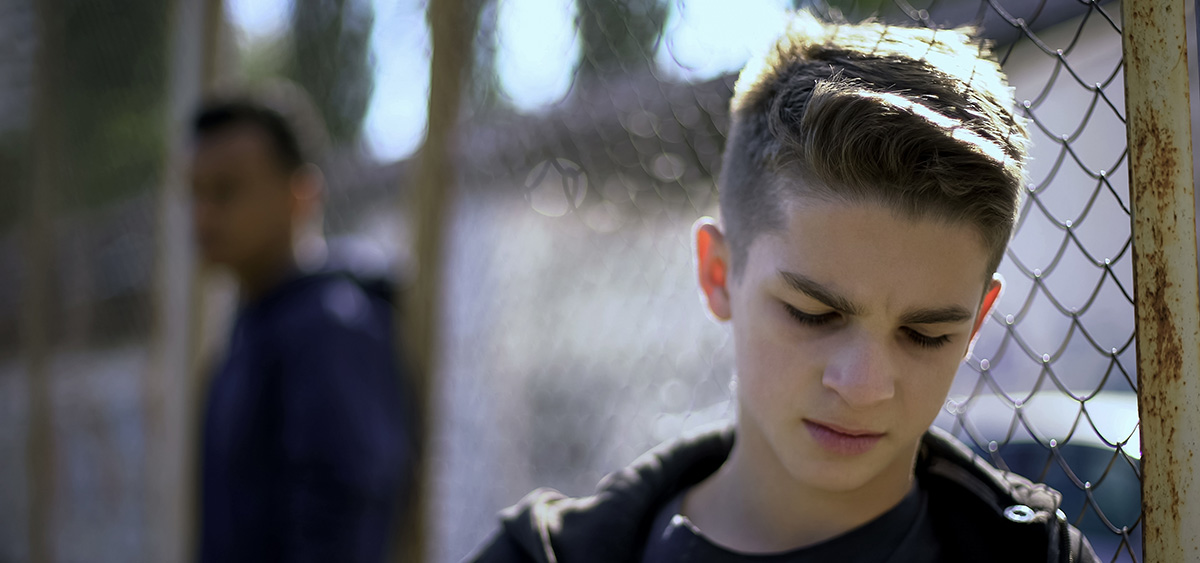From age 12 onwards, people are responsible for the crimes they commit. Youth under 18 generally get special punishments. But in some cases, the punishment can be just as severe as it would be for an adult.

General Rule: Special Punishments for Teens
Teens under 18 who have committed a crime are usually not punished in the same way as adults. The law has special punishments for teens. These punishments (called sentences) are usually lighter than adults would receive for the same crime.
Some Exceptions
Sometimes youth can get punishments that are just as severe as what an adult would get for the same crime. But this is rare, but it can happen if the following conditions are met:
- The youth was age 14 or over at the time the crime was committed; and
- An adult who committed the same crime could receive a sentence of two years imprisonment or more
Who Decides?
The criminal and penal prosecuting attorney is a government lawyer, often called a prosecutor. The prosecutor takes people accused of crimes to court in a criminal trial.
The prosecutor can ask the judge in youth court to give an adult punishment.
The prosecutor must prove these things:
- The teen is as morally guilty as an adult.
- A youth punishment would not be enough to hold the teen accountable for the crime.
The court takes into account different things about the teen and the crime, including these things:
- the teen’s age, level of maturity and personality
- the seriousness and circumstances of the crime
- whether the teen had trouble with the law or was found guilty of a crime in the past
Getting an Adult Punishment: A Big Difference
Punishments for teens are usually lighter than adult punishments. For example, the harshest punishment a teen can get for attempted murder is three years under custody and supervision. But teens punished as adults could be sentenced to life in prison for the same crime.
Also, a teen who commits a crime has a right to confidentiality. This means that no one can give information to the public that would reveal who the teen is. But teens who get adult sentences do not have this right.





